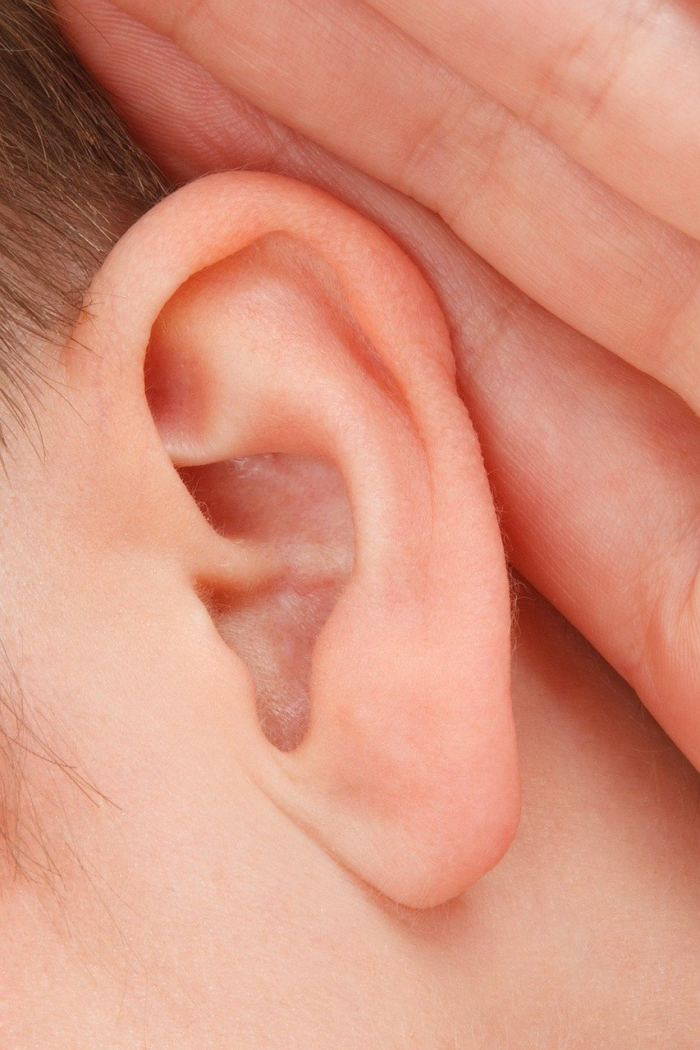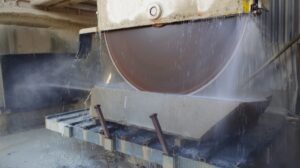Teli Chinelis is a senior consultant with Finch Consulting in the Noise and Vibration Team and provides consulting in the general area of acoustics and expert witness input in occupational noise and vibration, noise nuisance and areas of planning law in relation to noise.
What is noise-induced hearing loss?
Noise-induced hearing loss (NIHL) is hearing loss that is caused by exposure to sound. Hearing damage from noise exposure generally happens gradually, becoming noticeable over a number of years of exposure. But it can also happen very quickly, for example after exposure to noise from impacts or explosions. The damage suffered tends to be permanent.
How prevalent is NIHL?
In the United Kingdom, it is estimated that there are more than 10 million individuals (about 1 in 6) with some degree of hearing impairment or deafness. Over one million workers are exposed to levels of noise that put their hearing at risk, with 17 per cent suffering hearing loss, tinnitus or other hearing-related conditions as a result of exposure to excessive noise at work.
What is the role of the Engineering Expert in NIHL claims?
The vast majority of our instructions are for a single joint expert role agreed by all parties to the case, to produce an objective, unbiased report for the Court. Claimants in these cases need to satisfy the Court, on the balance of probabilities, that they are suffering from noise-induced hearing loss, and aim to do so by bringing expert medical evidence proving sufficient noise exposure for noise-induced hearing loss; and proving that exposure with the Defendant(s) has made a (non-trivial) contribution to the total exposure. They are required to show negligence and aim to prove this by showing a breach of common law duty or statutory duty.
Apart from providing estimates of the claimant’s likely daily noise exposure and lifetime noise immission levels the engineering expert (who has experience in risk management) also reviews any actions that the defendant should have taken in light of guidance and (after 1990) the regulations in place during the claimant’s employment.
What sets apart Finch’s input?
For a large proportion of the cases we are instructed on, relevant disclosure is absent or limited. Here, the engineering expert witness must use their skills, knowledge and experience to forensically recreate the work and working conditions, to advise the Court on the likely noise exposures, and the duties and responsibilities of employers at the relevant time. Our Experts typically have at least 20 years of experience in dealing with occupational exposure to noise and vibration, risk management, and regulatory standards. It is this in-depth experience and impartiality in reporting that exemplifies the assessments undertaken by myself and my colleagues.
For any more information please don’t hesitate to contact us [email protected]



